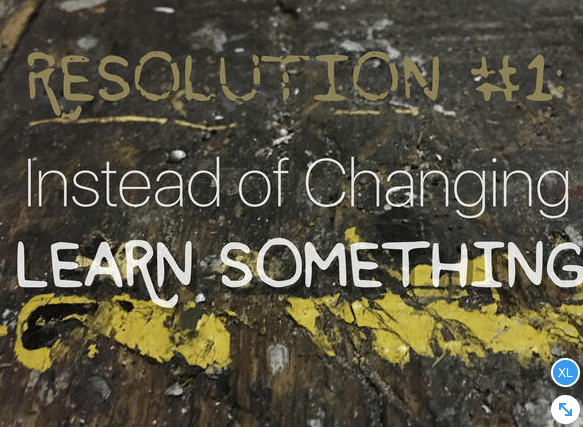Trauma is a deeply distressing or disturbing experience that can have long-lasting effects on an individual’s mental, emotional, and physical well-being. While therapy is often the go-to option for trauma recovery, many people are turning to coaching as a complementary or alternative approach. In this blog post, we will explore the role of coaching in trauma recovery and how it can help individuals heal and thrive.
What is Trauma?
Trauma can result from various experiences, including abuse, accidents, natural disasters, or witnessing violence. It can lead to symptoms such as anxiety, depression, flashbacks, and difficulty trusting others. Trauma can significantly impact a person’s life, relationships, and overall sense of well-being.
The Role of Coaching in Trauma Recovery
Coaching can play a supportive role in trauma recovery by helping individuals develop coping strategies, build resilience, and regain a sense of control over their lives.
Here are some ways in which coaching can help with trauma…
- Providing a Safe Space – Coaches create a safe and non-judgmental space for individuals to explore their feelings, thoughts, and experiences related to trauma. This can help individuals feel heard, understood, and validated.
- Setting Goals – Coaches work with individuals to set meaningful and achievable goals for their recovery. These goals can be related to healing, personal growth, or building positive habits.
- Building Resilience – Coaches help individuals develop resilience by focusing on their strengths, building self-confidence, and teaching coping strategies to manage stress and triggers.
- Improving Self-Awareness – Coaches help individuals develop self-awareness and identify patterns of behavior or thought that may be holding them back from healing. This can empower individuals to make positive changes in their lives.
- Encouraging Self-Care – Coaches emphasize the importance of self-care in trauma recovery, encouraging individuals to prioritize their physical, emotional, and mental well-being.
Limitations of Coaching in Trauma Recovery
While coaching can be beneficial, recognize its limitations in trauma recovery. Coaches are not trained mental health professionals and may not have the expertise to address complex trauma-related issues. Individuals with severe or complex trauma may benefit more from therapy or counseling.
Conclusion
Coaching can be a valuable tool in trauma recovery, providing support, guidance, and encouragement to individuals as they heal and rebuild their lives. Seek help from qualified mental health professionals when needed. If you or someone you know is struggling with trauma, consider exploring coaching as a complementary approach to healing.





